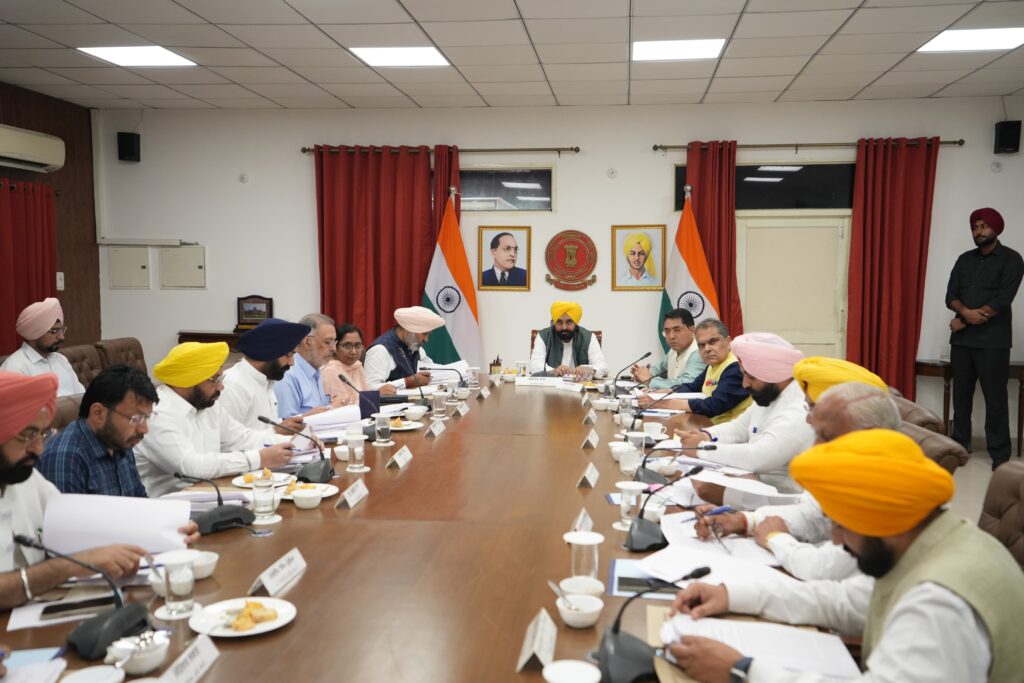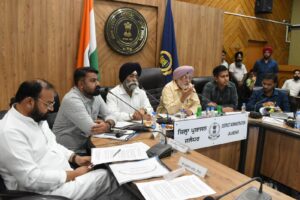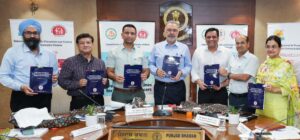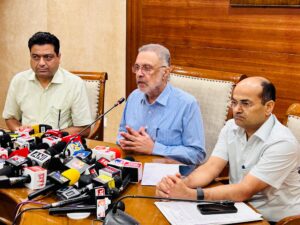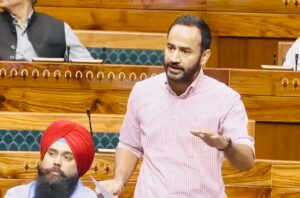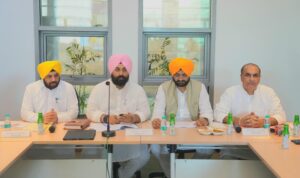The Fact News Service
Chandigarh, July 30
In a significant administrative reform aimed at improving governance and service delivery in rural areas, the Punjab Cabinet, led by Chief Minister Bhagwant Singh Mann, has approved the restructuring of rural development blocks to align them with district boundaries, thereby enhancing administrative efficiency.
A decision to this effect was taken during a meeting of the Council of Ministers chaired by the Chief Minister today.
Disclosing this here today, a spokesperson of the Chief Minister’s Office said that the restructuring has been undertaken to bring the jurisdiction of development blocks in line with existing district boundaries especially benefiting the districts of Sangrur, Malerkotla, Fazilka, Ferozepur, SAS Nagar and Patiala. This realignment is intended to ensure better coordination between block-level and district-level administrations, streamline the planning and implementation of rural development schemes, and eliminate administrative overlaps that often led to delays and inefficiencies. The restructuring exercise was carried out after careful examination of the existing administrative boundaries and operational requirements.
All necessary legal and administrative procedures have been followed in the reorganization process. With this move, the state government aims to Strengthen planning and monitoring mechanisms at the district level, Enable seamless integration of block and district-level data and decision-making, Facilitate easier access to services for citizens and Panchayati Raj Institutions and Improve overall efficiency in the implementation of central and state-sponsored rural development programs. The restructured development blocks will come into effect upon publication of the notification in the official gazette.
All stakeholders, including field officers, elected representatives, and the general public, have been duly informed. Updated maps and administrative orders will be made available through the official website of the Rural Development Department in due course. This reform reflects the Punjab Government’s commitment to transparent, responsive, and decentralized rural governance.



